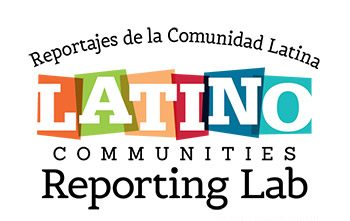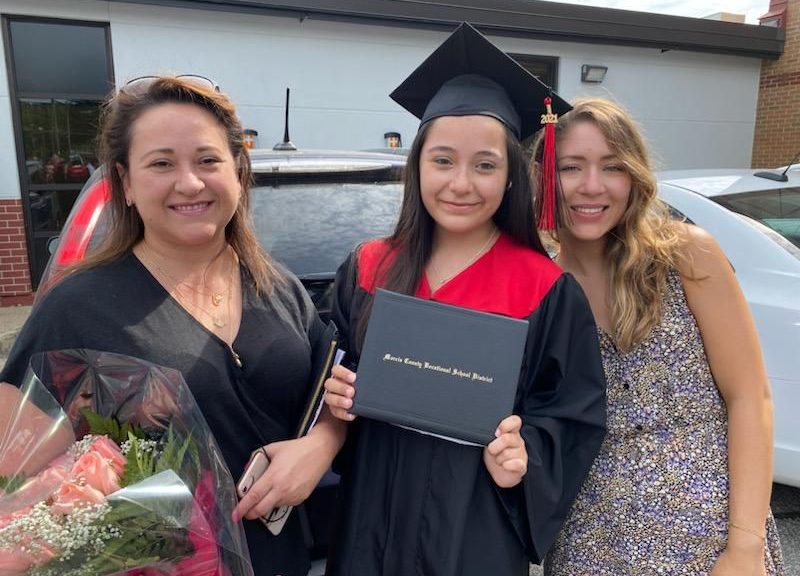Unlike her older sister, Sofia Vega grew up learning Spanish in school. Both girls were born in the U.S., but the 11-year age difference meant Vega didn’t get the chance to travel and visit her extended family back in Colombia. Speaking mostly English at home, Vega regrets never getting the chance to learn Spanish outside of a classroom.
“It’s something I’m just a little ashamed of, like I don’t really know Spanish,” she said.
Now a sophomore at Quinnipiac University, Vega said that language barrier made her feel “disconnected” from her family overseas.
“It’s hard to connect with family if I can’t speak the same language as them,” she said. ”I see my sister speaking with them for like 30 minutes and I’m just like, ‘I wish I could do that.’”
Like Vega, many U.S.-born Latinos face the expectation of speaking fluent Spanish, even though it is not part of their formal education. Because language is centrally linked to heritage, learning Spanish is a large part of Latino identity – even for Latinos that don’t speak Spanish.
Read the full story by the Record-Journal’s Latino Communities Reporting Lab at:
https://www.myrecordjournal.com/News/Meriden/Meriden-News/Spanish_speakers.html
Publisher’s Note: CTLatinoNews partners with the Latino Communities Reporting Lab in best serving the Hispanic-Latino communities of Connecticut.





